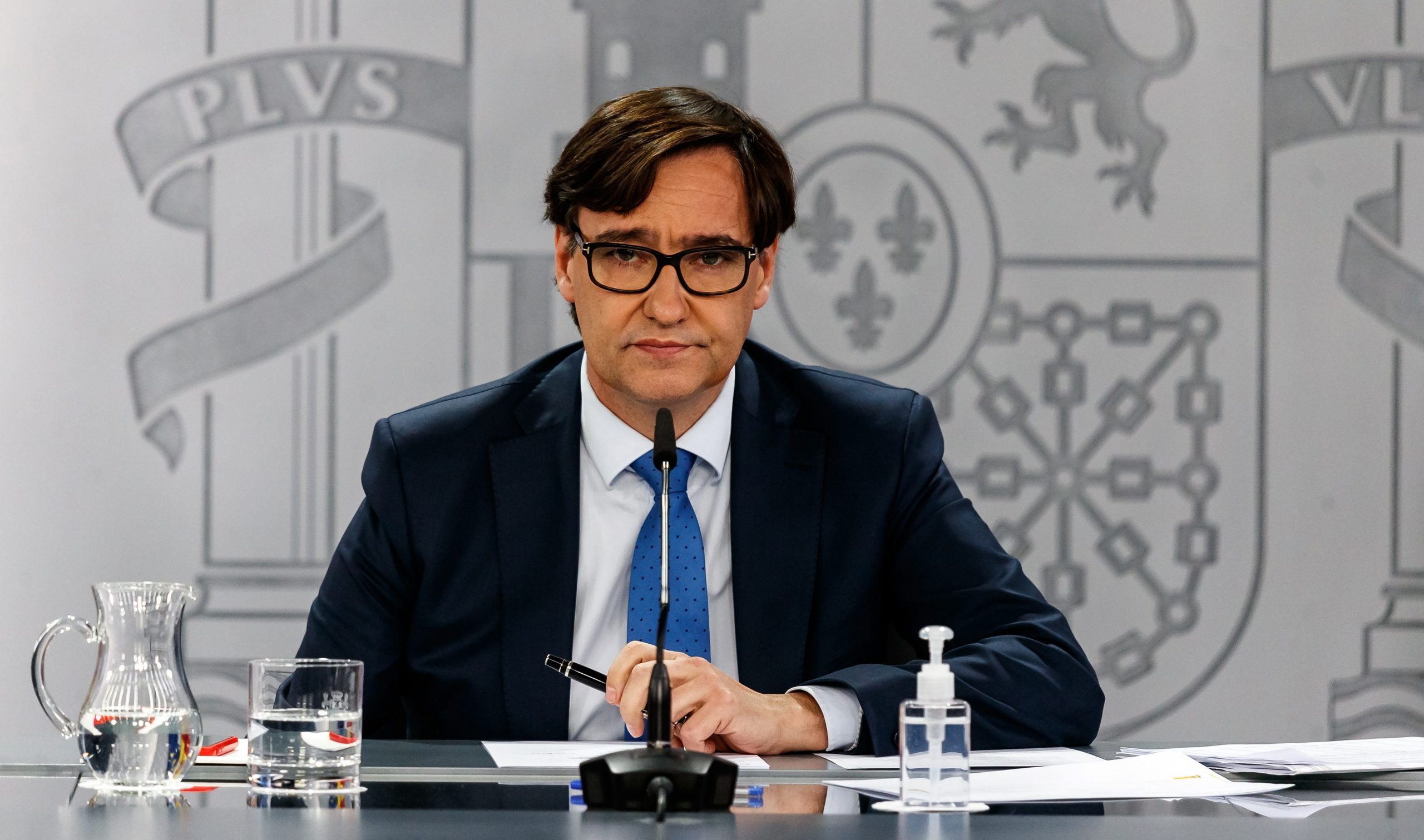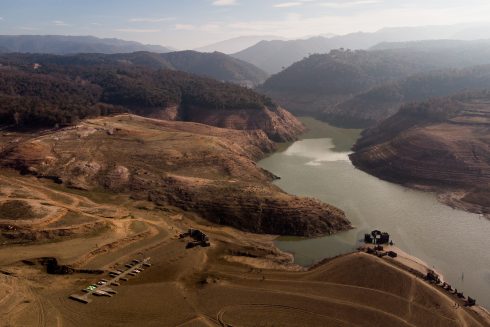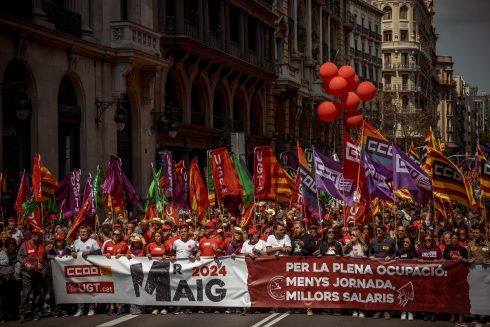IT is now 11.30 pm on election night in Catalunya, and the final results are just in.
Predictions published earlier this evening fell short in several key areas, although the overall outcome remains largely unchanged.
With 100% of ballots counted, the Socialist PSC led by former Spanish Minister of Health, Salvador Illa, won in number of votes and drew in number of Parliament seats with left-wing, pro-independence party ERC – both obtaining 33.
The results provide the PSC with 16 representatives more than the previous regional elections in 2017, while ERC gain one.
Third place goes to centre-right pro-separatists Junts (32), who lose two seats.
In fourth place comes the biggest surprise of the day. Extreme right-wing party Vox smashed all expectations and claimed 11 seats in the regional parliament.
This is the first time Vox has stood for the autonomous elections in Catalunya after years of being almost non-existent in the area.
The anti-capitalist and pro-independence CUP came fifth with nine seats, a significant improvement compared to the four representatives they obtained in 2017.
Left-wing En Comu Podem repeat identical results to 2017, with eight seats.
Predictions concerning a collapse of centre-right, anti-independence party Cs were confirmed – and then some. Four years after winning the regional elections, the ‘orange’ group lost 30 seats and fell from first to seventh place, securing a mere six representatives in the Parlament from now on.
Bad news for the conservative PP too, who claimed their lowest percentage of votes ever in the Catalan elections and see their four seats drop to three.
But the day’s biggest losers were the conservative but pro-independence party PDECat, who were hovering between zero and two seats and were finally left without representation in the Generalitat.
There are now eight different political groups in the Catalan parliament, the highest number ever.

All eyes are now on the cross-party agreements that could yield the next regional president.
The most likely result is expected to be a renewal of the pro-independence platform uniting ERC, Junts and CUP, who have made history with the highest combined percentage of popular support ever for the separatist movement, securing more than 50% of the vote.
However, this is by no means the only possibility.
The second most likely alliance could run along the left/right axis instead of the Catalan/Spanish nationalist divide.
En Comu Podem have been calling for a left-wing coalition with the PSC – mirroring the national PSOE/Podemos executive – and ERC, although the latter party signed a manifesto during the election campaign vowing not to join forces with the Socialists.
At the time of reporting, party leaders were thanking staff at the polling stations for making the elections possible despite the extremely difficult conditions caused by COVID.
ERC leader, former acting president and possible future head of the Generalitat, Pere Aragones, made an announcement in perfect English calling on the involvement of Europe in their demands to hold a legally binding referendum on Catalan independence from Spain.
All left-wing parties lamented the entrance of Vox into the regional parliament and vowed to combat their message ‘of hate and division’.










